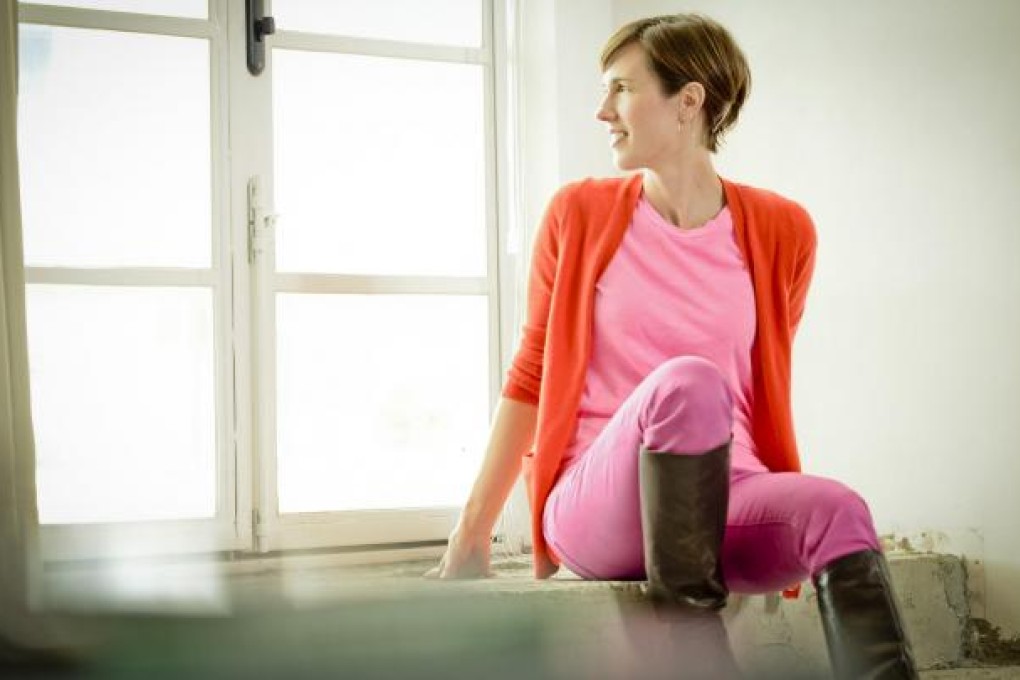Spring Workshop brings artistic disciplines together
An arts venue in the heart of Wong Chuk Hang is inviting people from different disciplines to pool their talents, writes Richard Lord

Spring Workshop is rather enjoyably resistant to categorisation. A non-profit arts venue that isn't a gallery, it provides spaces for creators and curators - but not permanently.
Instead, it invites artists from all disciplines - from installations to video - as well as composers, writers and anyone else relevant, to take part in ambitious, multidisciplinary projects such as "Moderation(s)", a recently launched undertaking as difficult to categorise as the space that hosts it. To do so, it invites creative people to come and stay at the workshop, which as well as spaces for creating and displaying art also boasts some spiffed-up living quarters.
Spring is very much a reflection of its founder and director, Mimi Brown. She too has crossed artistic disciplines, training as a composer and working in the music world in New York, and spent time in Rome and California before moving to Hong Kong in 2005. Blurring boundaries is what she's all about, in the process interrogating the artistic process - pushing notions of creation in new, challenging and hopefully fruitful directions.
"Our aim is to experiment with the way art is produced, curated and supported. What's missing - we listen to that," Brown says.
The result is Spring. Housed in an industrial building on Wong Chuk Hang Road, its gigantic, tastefully minimal interior houses a variety of spaces including the four artists' studios-cum-living areas, various large communal spaces where works can be displayed, and a trio of terraces; the one overlooking the main flyover will soon be decorated with driver-distracting artwork. The car park even features walls daubed with Roy Lichtenstein pastiches.
As with other industrial areas, Wong Chuk Hang is increasingly dotted with the studios of artists driven away from the city's heart by rising rents.